[NTU-NCTS String Seminar] BRST Covariant Phase Space,Gauge Theories Boundary Ward Identities and Infrared Regularized S Matrix
Title:BRST Covariant Phase Space,Gauge Theories Boundary Ward Identities and Infrared Regularized S Matrix
Speaker:Laurent Baulieu (LPTHE, Paris France, CNRS, UNESCO and Sorbonne University)
Date:2024/05/31 (Fri.)
Time:14:30
Time:14:30
Abstract:
This talk is to explain a precise quantum framework to treat the large gauge transformations that arise for of any given quantum gauge field theory with non trivial asymptotic conditions
In particular, it determines at the quantum level the associated infinitely many conserved global charges stemming from a gauge fixed and BRST invariant Lagrangian as they were classically discovered a century ago by Emily Noether.
The geometrical significance of this result is highlighted by constructing an enlarged trigraded BRST covariant phase space in which the gauge can be properly fixed.
All this provides the right framework for unambiguously determining the conserved BRST quantum Noether current and its associated Noether charges.
One obvious justification of this new methodology is that the Noether’s second theorem is not valid in the gauge fixed case.
The BRST Noether charges are found to be equivalent to the usual charges supported on the corners of large gauge transformations.
The underlying BRST fundamental Hamiltonian canonical relation still holds, confirming at the gauge fixed level many recent works on the asymptotic charge algebra.
A unified Ward identity for small and large gauge transformations is built relying on the full BRST operator that take into account all non trivial boundary effects of any.
This larger Ward identity consistently splits into two parts, one bulk part for small gauge transformations, which is the standard bulk BRST BV Ward identity.
and another one that is a boundary one for controlling the large gauge transformations.
The boundary part provides a perturbation theory origin for the usual invariance of the S-matrix under asymptotic symmetries and controls the infra-red regularisation process for the physical S-matrix of the gauge theory.
In particular, it determines at the quantum level the associated infinitely many conserved global charges stemming from a gauge fixed and BRST invariant Lagrangian as they were classically discovered a century ago by Emily Noether.
The geometrical significance of this result is highlighted by constructing an enlarged trigraded BRST covariant phase space in which the gauge can be properly fixed.
All this provides the right framework for unambiguously determining the conserved BRST quantum Noether current and its associated Noether charges.
One obvious justification of this new methodology is that the Noether’s second theorem is not valid in the gauge fixed case.
The BRST Noether charges are found to be equivalent to the usual charges supported on the corners of large gauge transformations.
The underlying BRST fundamental Hamiltonian canonical relation still holds, confirming at the gauge fixed level many recent works on the asymptotic charge algebra.
A unified Ward identity for small and large gauge transformations is built relying on the full BRST operator that take into account all non trivial boundary effects of any.
This larger Ward identity consistently splits into two parts, one bulk part for small gauge transformations, which is the standard bulk BRST BV Ward identity.
and another one that is a boundary one for controlling the large gauge transformations.
The boundary part provides a perturbation theory origin for the usual invariance of the S-matrix under asymptotic symmetries and controls the infra-red regularisation process for the physical S-matrix of the gauge theory.


